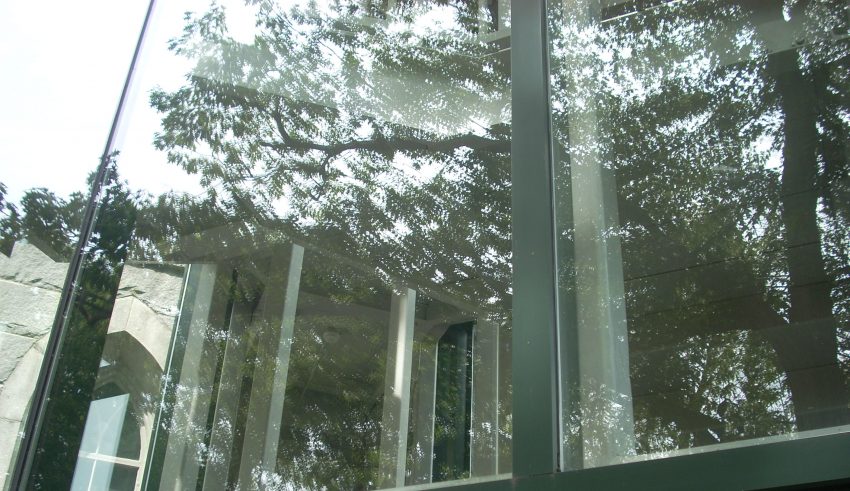
We carry in our heads, and lower, basic notions about how to bring about change. Some of these “models,” or “strategies,” are rather simpleminded, such as those based on carrot and stick assumptions: threaten to take away some source of security or status, or promise to provide more of what the target of your change efforts wants. Some are elaborate. Basically, however, four very different assumptions about what leads people or organizations to change are represented by four rather different change strategies. They are the Rational Planning, Social Interaction, Human Problem-Solving and Political approaches to planned change.
The first three emerge from the seminal scholarship of Ronald Havelock and his associates at the University of Michigan’s Center for Research on the Utilization of Scientific Knowledge. They observed that all change strategies emphasize one of three particular aspects of the basic communication act: I create a message which I deliver in such a way that the receiver (myself, someone else or a whole organization) accepts it and acts on it. One set of strategies, which Havelock called Research, Development and Diffusion (R&D), and which we call Rational Planning, concentrates mainly on developing a terrific message. Another set, called Social Interaction or Communication of Innovations, emphasizes the process and factors by which the change message gains the attention and acceptance of the receiver. It focuses on the social act of communicating new notions. A third group of studies and attendant theory, called Problem-Solver by Havelock, focuses upon how the receiver comes to feel the need and then the willingness to change. The Political model dwells on this same part of the communication act, but with quite different assumptions about how to generate change than those of the Problem-Solving model.
Havelock and later theorists see effective planned change as a combination of these approaches. But the separate models are well worth elaborating, for they represent strong differences in the ways changes are undertaken.
Download Article
















